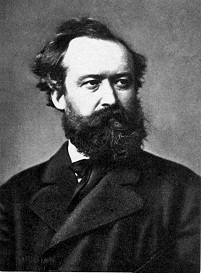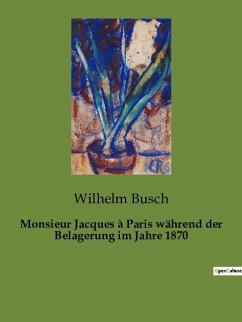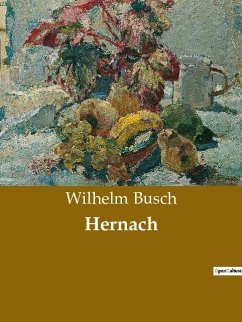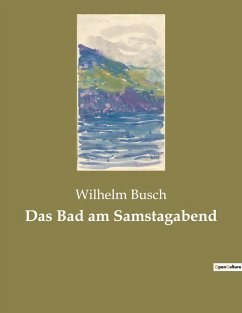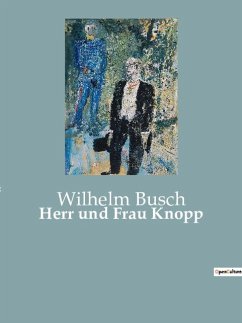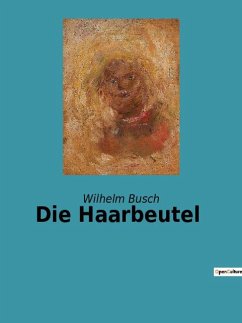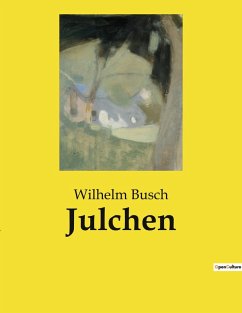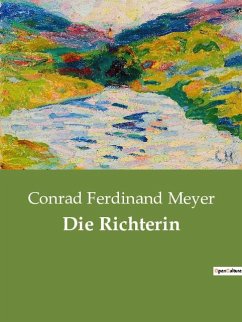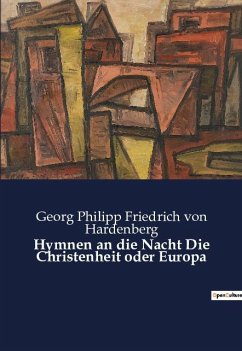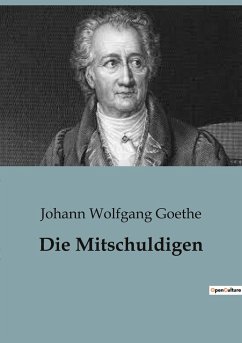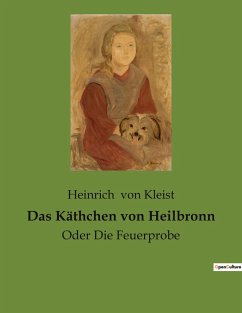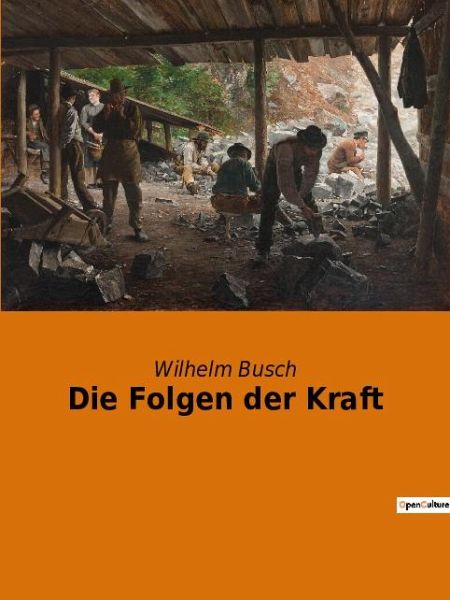
Die Folgen der Kraft
Versandkostenfrei!
Versandfertig in 1-2 Wochen
17,00 €
inkl. MwSt.
Weitere Ausgaben:

PAYBACK Punkte
0 °P sammeln!
Too often, standard teaching books base their theory and therapeutic strategy on disease. Ancient books base their theory and therapeutic strategy on the energy state of the patient. Having understood the energy state of the patient, we can then act as ¿the second doctor¿, observe, provoke, or assist ¿the first doctor¿ who is nothing other than the patient¿s own body and Qi. If treatment is disease based, there is a risk of taking the ¿first doctor¿s¿ place and acting in a wrong direction. (Dr Li Xin). Dr Li Xin is a chinese doctor in Traditional Chinese Medicine (TCM) who graduated fr...
Too often, standard teaching books base their theory and therapeutic strategy on disease. Ancient books base their theory and therapeutic strategy on the energy state of the patient. Having understood the energy state of the patient, we can then act as ¿the second doctor¿, observe, provoke, or assist ¿the first doctor¿ who is nothing other than the patient¿s own body and Qi. If treatment is disease based, there is a risk of taking the ¿first doctor¿s¿ place and acting in a wrong direction. (Dr Li Xin). Dr Li Xin is a chinese doctor in Traditional Chinese Medicine (TCM) who graduated from Beijing University in 1993. He was a student of Professor Song Zuo Min, well renowned in China for his teaching of TCM internal medicine and paediatrics. Dr Li Xin specialised in herbal medicine, acupuncture, meditation and psychology, and has a long experience of teaching TCM. He developed his own approach based directly on the principles described in Huang Di Nei Jing, Shang Han Lun, Shennong Ben Cao Jing, Pi Wei Lun and Wei Bing Jiao Bian, which are considered to be the main Classics of TCM. He currently practices as a doctor and teacher in the Shanghai Natural Way, Culture & Communication Academy and Beijing Oriental Inter-Cultural Medical Centre and is involved with Acupuncture without Borders and Dorje Medical Association , a humanitarian association supporting health promotion in remote areas of China. Dr Claudine Mérer is a doctor in western medicine and TCM. She met Dr Li Xin in Beijing and worked with him for several years. She was very impressed and moved by the quality and efficiency of his work, which, in her opinion, seems essential for the ones who really seek to understand TCM as a play of energetic movements. This led her to the co-writing of this book. ¿¿¿¿¿¿¿¿¿¿¿¿¿¿¿¿¿¿¿¿¿¿¿¿¿¿¿¿¿¿¿ ¿¿¿¿¿¿¿¿¿¿¿¿¿¿¿ ¿¿¿¿¿¿¿¿¿¿¿¿¿¿¿¿¿¿¿ ¿¿¿¿¿¿¿¿¿¿¿¿¿¿¿¿¿¿¿¿¿¿¿¿¿¿¿¿¿¿¿¿¿¿¿¿¿¿¿¿¿¿¿¿¿¿¿¿¿¿¿¿¿¿¿¿¿¿¿¿¿¿¿¿¿¿¿¿¿¿¿¿¿¿¿ ¿¿¿¿¿¿¿¿¿¿¿¿¿¿¿¿¿¿¿¿¿¿¿¿¿¿¿¿¿¿¿¿¿¿¿¿¿¿¿¿¿¿¿¿¿¿¿¿¿¿¿¿¿¿¿¿¿¿¿¿ Note: The profits from this book will be donated to Acupuncture without borders, whose objective is to contribute to the development of disadvantaged population in the field of medical care. ¿¿¿¿¿¿¿¿¿¿¿¿¿¿¿¿¿¿¿¿¿¿¿¿¿¿¿¿¿¿¿¿¿¿¿¿¿¿¿¿¿ (http://www.cornelius-celsus.org/)




